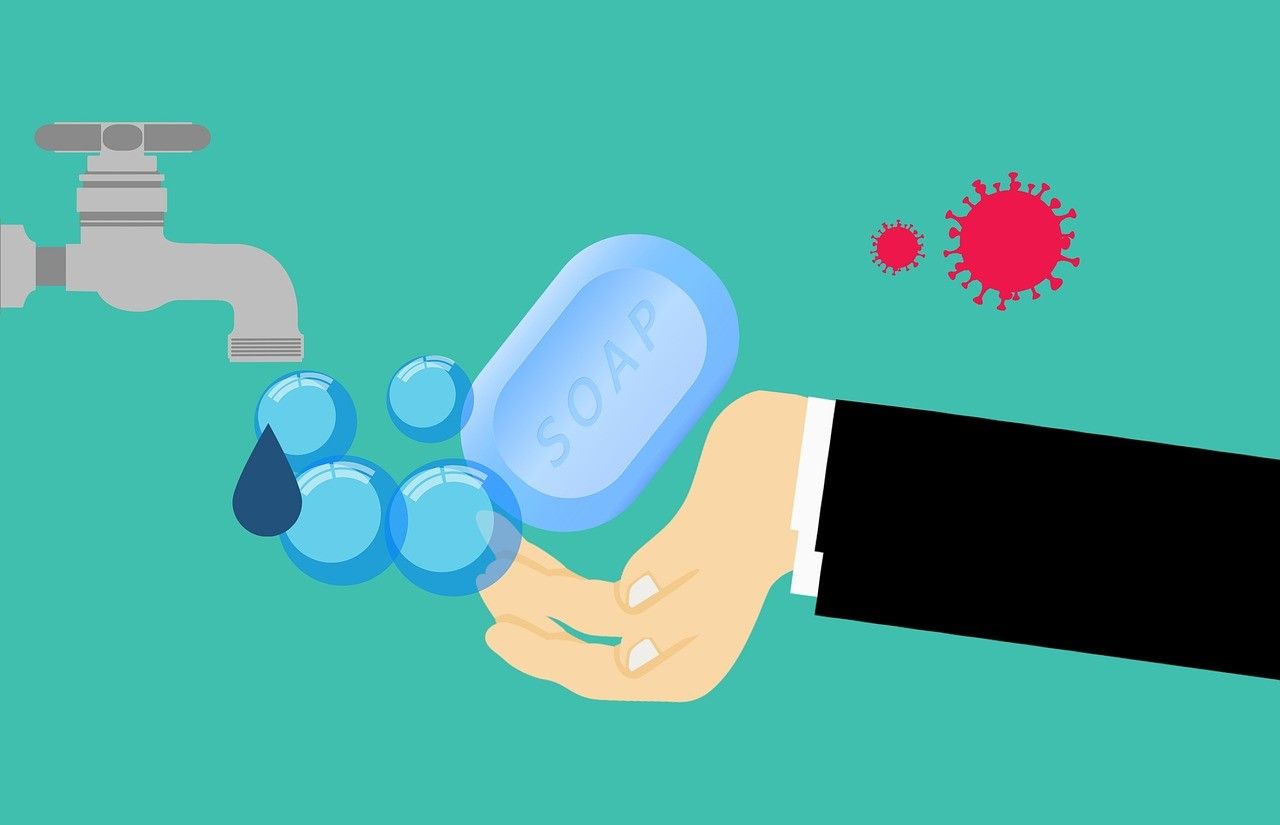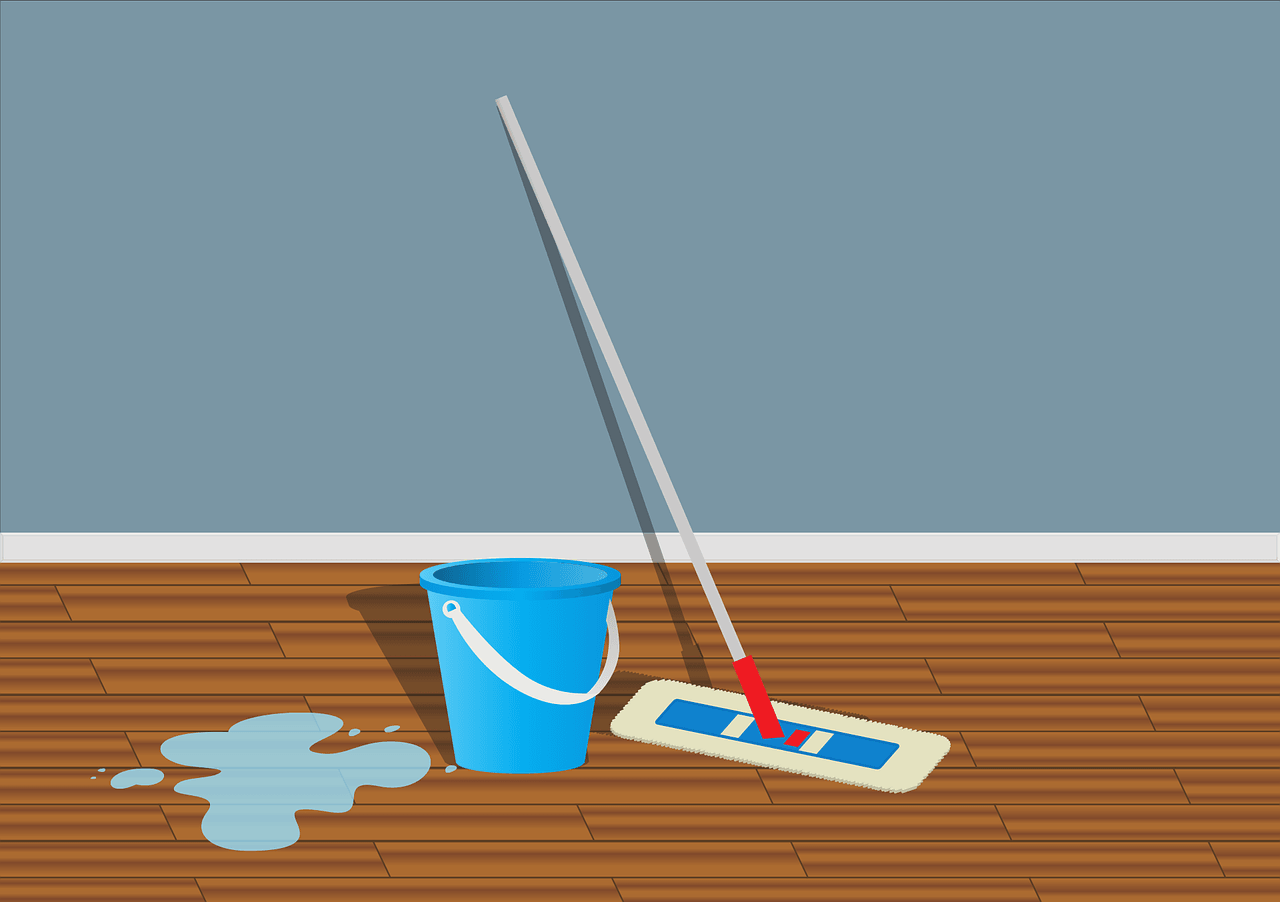If you’re like the average Texan, you’re probably trying out teleworking or potentially the new task of homeschooling your children. We see you—hang in in there! Spending more time at home has its perks—no commute, more time with family—but there are also unforeseen consequences, like using more resources (energy and water) and potentially creating more waste.
Here are some simple steps you can take to save on your water and utility bills while reducing waste.
Recycle – On average, each Texan contributes about 5 pounds of waste to landfills each day. Use this time to start a recycle bin or sorting process if you don’t already have one at home. Recycling paper, metal, plastic, and other materials not only reduces landfill waste, but also helps conserve energy and preserve Texas’ natural resources. Find your local residential recycling program.
Unplug ‘standby’ devices – Unbeknownst to many Texans, home appliances and devices quietly drain electricity all day, every day while plugged in. This power feature is commonly known as “standby power,” or vampire power. Standby power accounts for 5 to 10% of residential energy use, translating to an average cost of up to $180 per year for the average Texas household. Unplugging devices directly or turning off a power strip eliminates the energy used for standby power.
Lights and lightbulbs – Turn off lights when you’re not using them to reduce energy consumption and costs while also helping keep the air clean. Lighting accounts for approximately 12% of a household’s annual electric bill. Try using timers and dimmers to save electricity, or progressively replace lightbulbs with energy-saving options like LEDs.
A/C and thermostat – Adjust the settings on your home thermostat to 78 degrees or warmer in the summer and to 68 degrees or cooler in the winter to help reduce energy usage. A programmable thermostat with multiple temperature settings can easily save the average household up to $180 per year.
Cut the junk mail – Reduce the amount of junk mail you receive (which would otherwise go straight to the garbage) by unsubscribing. There are two ways to unsubscribe: opt out of receiving mail offers for credit and insurance for five years or opt out of receiving them permanently. The Direct Marketing Association’s Mail Preference Service also lets you opt out of receiving unsolicited commercial mail from many national companies for five years.
Use less water – One of the easiest ways to save water is by taking shorter showers. Setting a timer for 5-7 minutes drastically cuts down the amount of water used compared to 10-minute (or longer) showers. Also, turn off the water when you’re shaving or brushing your teeth; run the facet just to wet and rinse your razor or toothbrush.
Bathroom wipes – Be mindful of where you dispose of flushable wipes, baby wipes, and other self-care paper products. Many of these products may be labeled as “flushable,” but they can still cause back-up issues for sanitary sewer systems in many cities, as well as their water treatment infrastructure. It could mean having to call a plumber to your home, which can get expensive very quickly.
Washers and dryers – Washing full loads as opposed to partial loads of laundry can save an average household more than 3,400 gallons of water each year. We could reduce water consumption by more than 32 billion gallons each year if all Texas households washed only full loads of laundry. Use cold water for laundry instead of hot or warm water to save an average of $30 to $40 annually, depending on your type of water heater.
Check and fix leaks – Now is the perfect time to check your faucets, pipes, and appliances, and fix any leak you find. A faucet leaking at a rate of one drop per second can waste up to 3,000 gallons of water per year. That amount of water wasted is equal to taking more than 180 showers! A leaky toilet can waste 200 gallons of water per day–that’s 73,000 gallons a year.
Washing Dishes – An additional 5,000 gallons of water is used per year when washing dishes by hand compared to washing them in a dishwasher. Operating automatic dishwashers with a full load is the best way to save water. Scrape dirty dishes into the trash or compost to reduce food particles that could clog your dishwasher. Also, use your dishwasher’s air-dry option or prop the door open after the final rinse to air-dry dishes naturally to save energy.
Compost bin – Keep food scraps out of the trash by using them for compost. Consider starting a compost bin at home, which could be used in your flower beds or to start a garden.
Collect food scraps, oil, and grease – Reduce the amount of fats, oils, and grease (FOG) going down your kitchen sink. You’ll help avoid expensive sewer backups, plumbing emergencies, and any costs for sewer maintenance and repairs. Diverting FOG from the sink also helps protect the water quality in nearby creeks and streams. Use strainers to catch food scraps and collect cooking grease in a sealed container to throw in the trash instead of using the garbage disposal.
We hope these tips benefit you while you’re spending more time at home, and save you money in the long-haul. Thanks for doing your part to Take Care of Texas! For more information and resources on how to Take Care of Texas, visit www.takecareoftexas.org.
Blog Posst Written By Taylor Nelson, Take Care of Texas.



